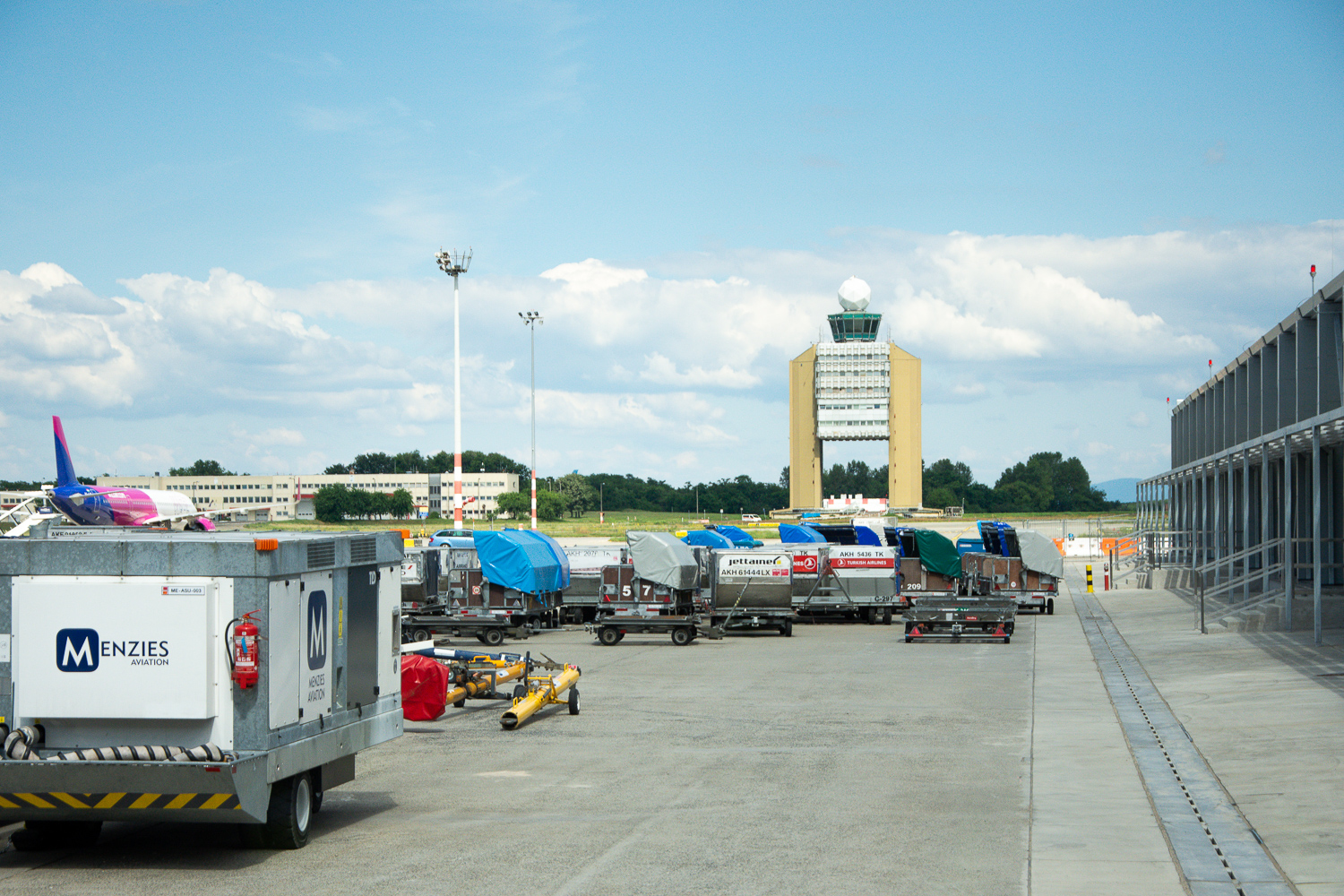Budapest Airport has set itself the primary goal to reach net zero emissions 15 years earlier than previously committed, by 2035 at the latest, thanks to its so-called zero-carbon roadmap.
One key element
in this initiative is the development of e-mobility at the airport. Recently,
76 conventional ground-handling vehicles, as well as ten fleet and manager cars, were replaced with electric or hybrid models, saving a total of 140,000 litres
of fuel and 350 tons of carbon dioxide a year.
So far, Budapest Airport has
installed 31 e-charging points, 12 on the airside and 19 in the area
of the airport accessible to all.

Taxi partner Főtaxi has also replaced 30% of its fleet with electric vehicles, making use of six ultra-fast e-chargers in its car park at the airport. This is expected to increase by another 26 points by the end of 2025.
Solar farms and giant strides
According to Budapest Airport CEO Chris Dinsdale: “We have committed to achieving highest level of 4+ carbon neutrality, set by the Airports Council International, by the end of 2023, we have pledged to be net-zero emitters in 14 years at the latest and we have undertaken to meet our electricity needs entirely from renewable sources from 2023. Our plans also include the construction of a solar farm, to generate electricity solely for use at the airport. Many small steps and some giant strides are needed to achieve our plans”.
The next major step in this green approach will be the installation of an additional 176 e-chargers. In December 2021, Budapest Airport was included in the government’s list of projects to be financed by the Connecting Europe Facility for the significant development of an e-charging infrastructure. This will provide a total of 1.3 billion forints (€3.2 million), 50% of the costs to install additional chargers for ground handlers, service vehicles and the airport-based vehicles of partner companies. The project will run for 36 months.




